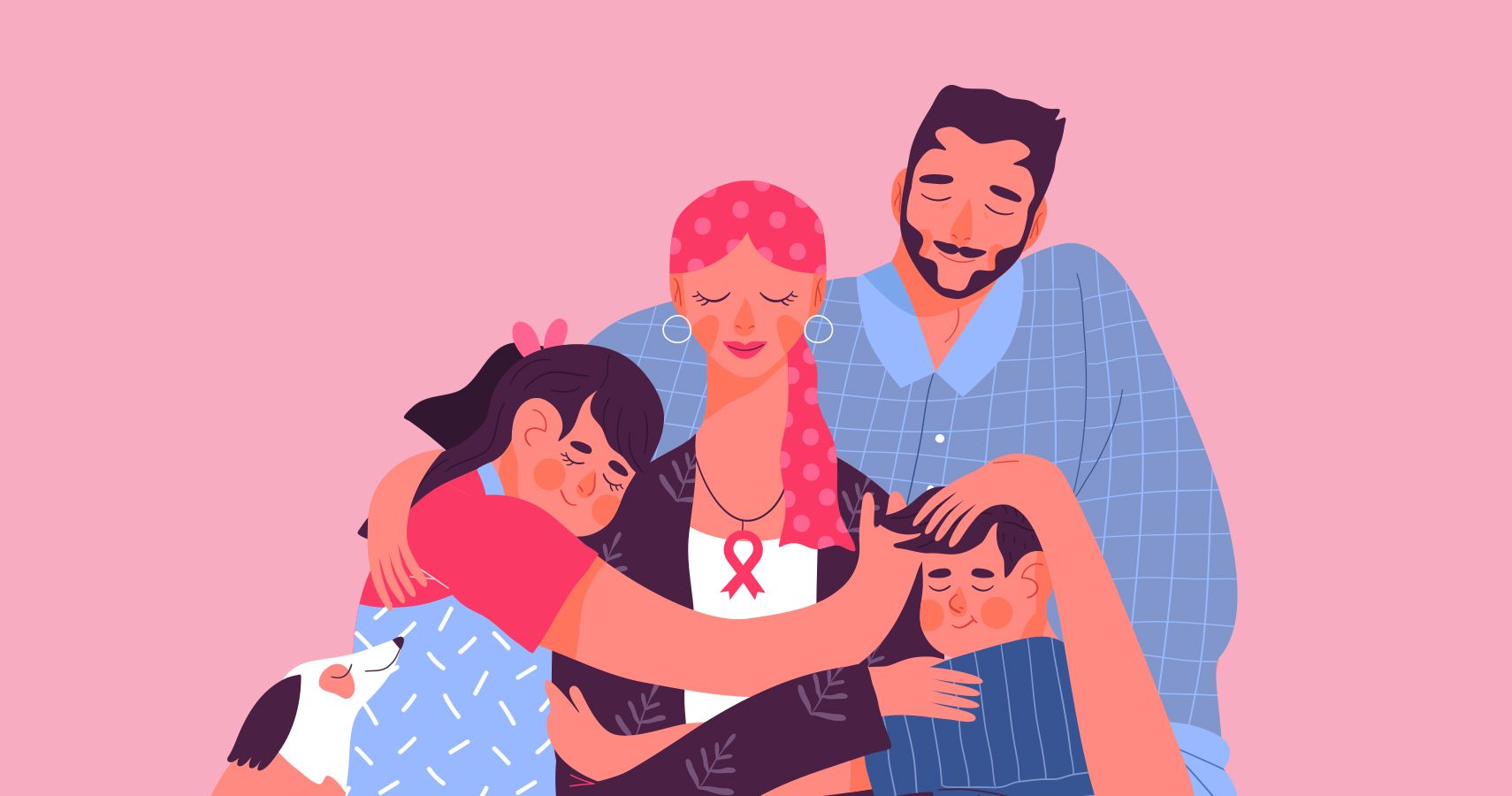There are conversations that we think we will never have to have with our children. Conversations about illness and a loved one's passing are typically topics that mom tries to keep from her child as long as possible. We want our children to be happy, and we can worry that these topics may be too much for their mental health to handle. This becomes inevitable when a close family member falls ill with a terminal illness, and while that may feel impossible, it can become even harder if it is mom or dad that is faced with a terminal illness. How is mom to explain to her child that they are going to lose one of their parents.
Even though these conversations are hard, and it may be hard even reading this, they are important. If done correctly and with support, it can help a child navigate this difficult journey, because it is providing the tools they need to understand what is going on.
When Do We Open Up?
The first hurdle that mom will need to cover is when she needs to have this conversation with her child. According to Virtual Hospice, if mom is looking for an exact age when it comes to her child being 'ready' for this conversation, she is going to struggle to find one. The truth is that there is no right answer to this question, and there is no 'right' age when it comes to sharing this information.
What matters is where your child is in their development. Try and gauge how much your child already knows. If you can figure out what they know, it can help you build a base for the conversation, and you know what topics you have to bring up, and which ones you can avoid for now.
Be Specific
Medlineplus has a very helpful piece of advice when it comes to talking to children about terminal illness. It is very important to be honest and specific with your child. When speaking about the illness, be honest about the name of the illness. For example, if their parent has cancer, talk about cancer. By being elusive, you may instil fear in the child that others they know may 'catch' the sickness and also pass away.
If it is cancer, make sure they know that you cannot 'catch' cancer. This is true for any other terminal illness that is not contagious or spread to other people. It is important that a child is told that a terminal illness means that a person will pass away one day. Answer any questions honestly, and they may ask when, but it is OK to tell them that you do not know. Honesty and speaking educationally can be incredibly helpful in taking off some of the pressure. Use resources, like YouTube videos, to help you explain this to your children.
Watch Your Terminology
It is important to watch the terminology you use with your child, and while it may seem 'harsh,' it is best to use to literal words for what is happening. According to the American Cancer Society, mom should not be afraid to use the words 'die' and 'death' with their child and should avoid terms like 'pass away' and 'go to sleep.' These may sound nicer when we say them, but it may cause some confusion for the child. If we tell a child that their father is going to 'go to sleep,' they may expect that they will wake up one day.
This conversation is never going to be simple and easy, but it is important to be honest with children about what is happening with their parent. Explain that physically will not be with them one day, but they will always have the memories with the person. While it is going to cause some big emotions from children, it is important that they understand that their mom (or dad) is not going to come back to them one day.
Sources: Cancer, Virtual Hospice, Medline Plus

